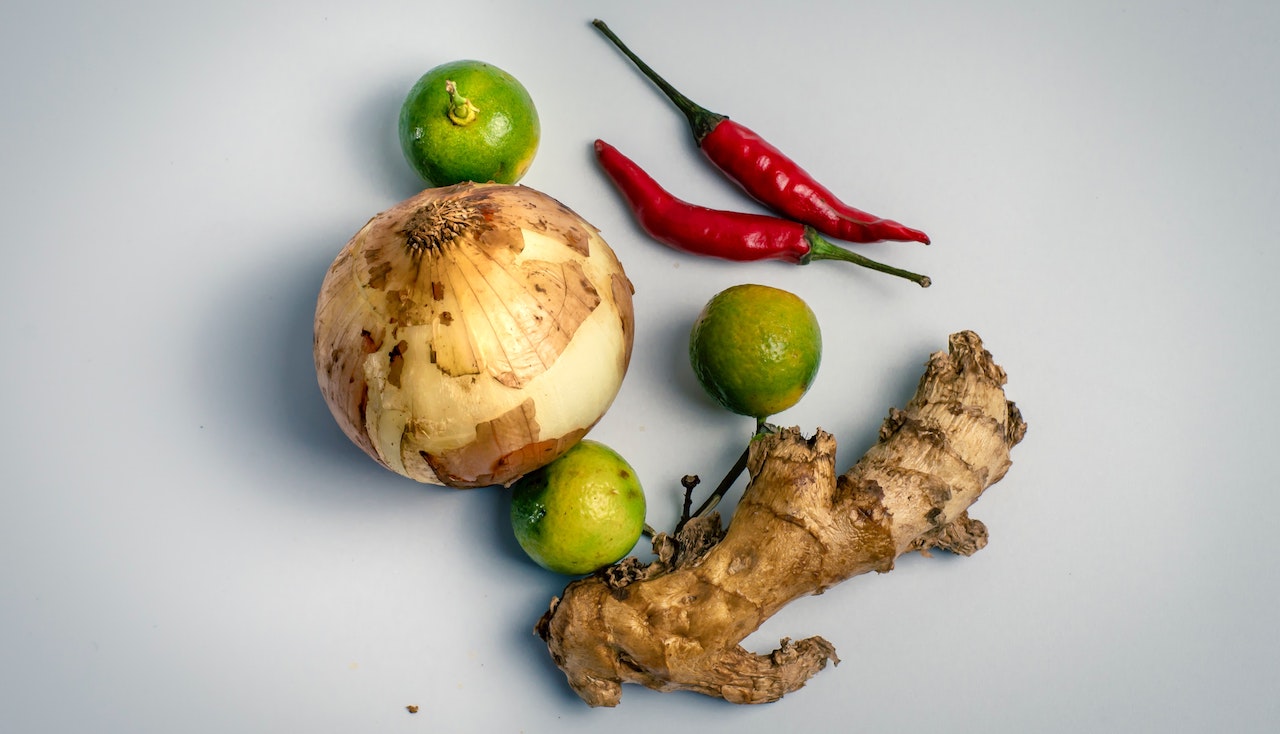This abridged article by Francisca Hector was originally published in Tasty Bytes.
Arguably food is the most important item on the planet. The current food system; however, has many inefficiencies and food security continues to be a global challenge.
In addition to this, conscious consumption has reached new heights as consumers demand that their food is not only safe, nutritious, and affordable, but they also want to ensure that their food is ethically sourced and the harvesting and production processes reduce waste.
For many, there is the belief that the food system needs to be fundamentally disrupted. While there have been some attempts to use technology to make better decisions around food, these technologies are not widely available. Without widespread availability and adoption, the impact of any technology is hard to ascertain.
This and other concerns are what spurred the creation of The Internet Society Special Interest Group for the Internet of Food (SIG-IOF), which is a discussion room for next-gen Internet backbone standards for digital aspects of food. In short, that means that when food goes data, this group would like to facilitate the Internet standards for how that data is handled.
With 110 chapters located all over the planet, it is a truly global movement.
I met up with the Chairperson of the Internet of Food SIG, Johan Jorgensen to get some more insight into the group:
When and how was the Special Interest Group founded?
The SIG-IOF was conceived back in 2014 after a discussion between myself and Patrik Fältström, one of the co-board members of the group regarding the availability of relevant Internet standards that could facilitate digital aspects of food. Coming from the business side of things, I argued that data is the future of food, and Patrik, being one of the global masters of internet infrastructure (seriously, look him up!) totally agreed. However, we couldn’t find any current Internet standards that did what needed to be done, so together with Michael Daun, a philosopher cum businessman, we set out to see how we could set up the process that would create such standards. The Internet Society, where the Internet itself is developed, agreed with us and allowed us to set up shop under their umbrella. The rest is, as they say, history. Or at least, hopefully, history in the making.
Why is this group important and what are your core objectives?
We need more data around food so that we can make better decisions on how to produce, process, store, and distribute food. We also need to make sure that food data can be paired with our personal data so that we can make personalized decisions about what we eat and how it impacts our health and well-being.
We want food data to follow the basic fundamentals of being FREE, OPEN, and PERMISSION-LESS, meaning that data about food should not be locked into silos or sit in data-warehouses of Big Food or Big Retail, but rather enable new players that can help us all make better food decisions for ourselves and the planet.
Currently, it is very expensive – if at all possible – for small players, say a small farmer, a consumer, or a new food interested tech-entrepreneur to participate in the current digital systems of the food sector. Even such a basic thing as getting a bar-code or database access is prohibitively expensive. It is our hope is that we in the future will be able to have food data powered by the Internet in the same way it powers the web, email, and access to social media.
What are some of the challenges the group hopes to address?
Fighting mental images of food being products produced by farmers, cooked at home according to age-old family recipes, eaten together, and being healthy for us. Food is akin to religion. People believe in so many things around food. We need to replace those beliefs with science and data.
The truth is that we increasingly eat what algorithms guide us to eat. In the future, a large part of the value of a food item will lie in its data. Without data, no food. And we will become what the algorithms want us to become – we are, after all, what we eat and that means that the food algorithms will govern our physical existence. That can be good for us or horribly bad. We desperately need to have that discussion. We believe that the SIF-IOF is the best place to start discussing on the digitization of our food system and how to get that right.
What impact would you have liked the group to make in the next 3 years?
We are very modest. I hope there will be a revolution and that some of the big players out there, like the European Union, start to think in modern ways around how they see food and the necessary policy development that comes with digital realizations. I fear, however, that it will take longer.
Join the Internet of Food SIG!
Image by Tra Tran via Unsplash
